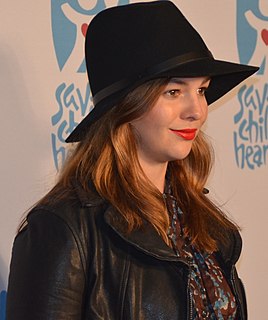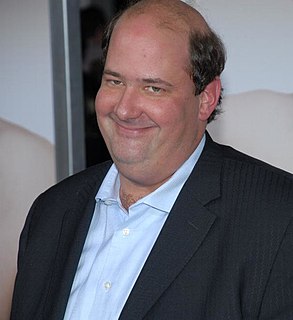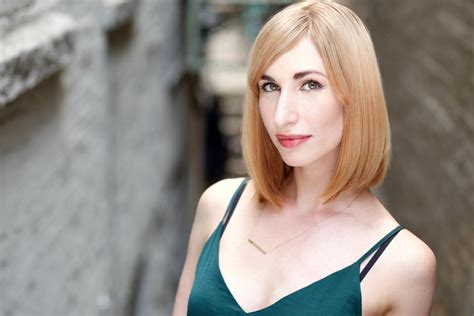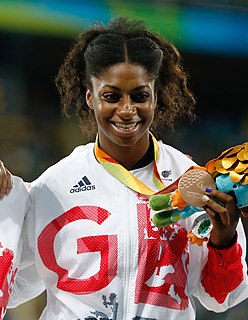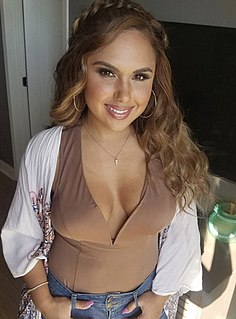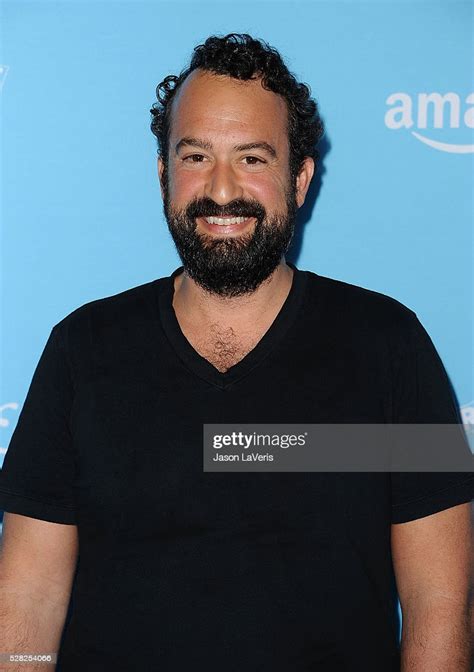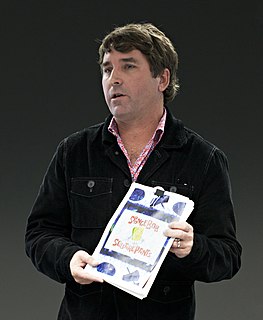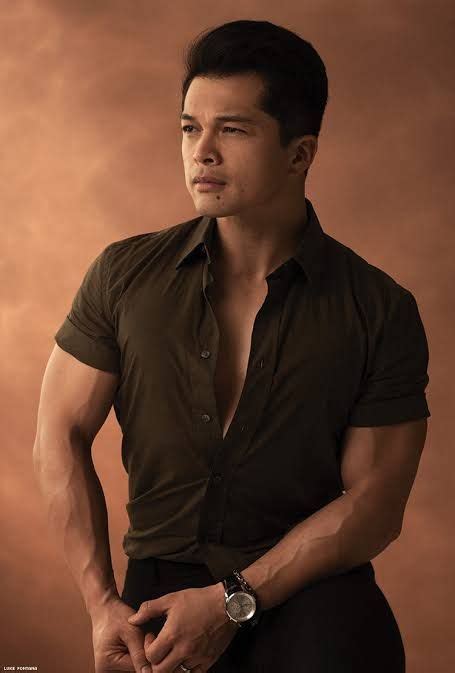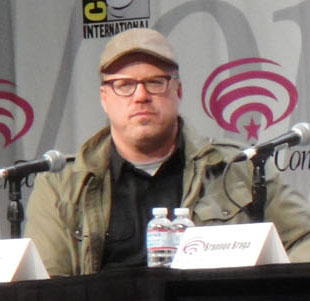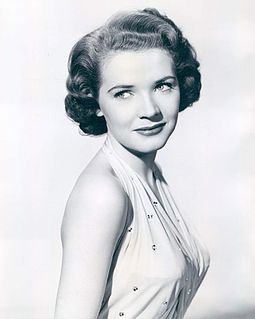A Quote by Amber Tamblyn
Our show is less about a girl who is doing miracles and more about the domino effect of this girl's life, and how everyone else is affected. Our show seems to be a questioning show as opposed to an action sort of fairy tale.
Related Quotes
So in terms of a large part of the job on our show specifically, what makes the show complex and interesting and funnier are the conversations about "Where's the camera?" and "How aware are the characters of the camera? Are the cameras hidden for this shot? Is it a spy shot from far away? Or is it really close and in their face, and they sort of have to play to it in an embarrassing situation?" There's a whole other level of questions and choices that come into play on our show that are not even a factor in anything else.
It [The Esemblist] is also about the generation of audience members that are watching shows and listening to us at the same time; hopefully, in time, when they listen to our show and then go see a show, they'll realize even more what it takes to make a show, and they'll know even more about everybody on stage, rather than just people above the title of the show.
You are hearing this song, and you're 16, and it's a song about love, or a girl. And then maybe there's a girl at school that you like. So you're going to be thinking about that girl. That song is sort of about that girl. The songwriter doesn't know that girl, obviously. He wrote it for something else. But there's the specific meaning with the universal again.
I really became aware of the fact that, oh yeah, whereas a lot of other shows are sort of cynical or jaded or just sort of coming from that sort of energy, our show is very, very about these love-based relationships. It really comes out, a lot of times, in a sweet way. And I think people find that refreshing about our show. That's one of the things I definitely picked up on.
The way I try to explain it the best is that if Critic A from publication A hates our show, and Critic B from publication B loves our show, what are we supposed to do with that? We have to just respect everyone's opinions and go on making the show we want to make. I've never worked on a show that was altered by critical reception. You just can't afford to do that. So in that regard, it's actually no different that working in theater. It's just a lot more voices.
And one of the things that's interesting about how they're doing the show is that the audience almost knows more than the characters do in some of these scenes, and the extent of that is unique. So it's grown into a different show in a way. It's sort of grown into a different experience watching it.
